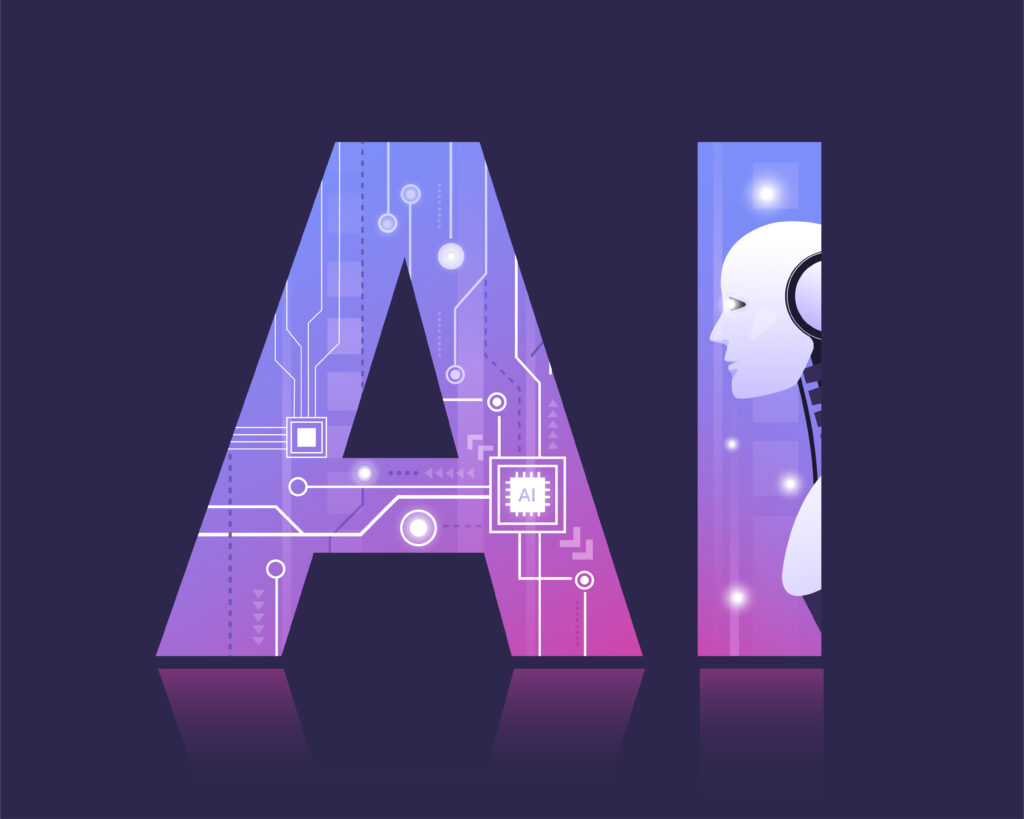
OpenAI, the global leader in artificial intelligence research and development, is preparing to mark its entry into India with its first-ever office in New Delhi. This move is being closely watched by industry leaders, tech enthusiasts, policymakers, and students across the nation. India, already recognized as one of the world’s fastest-growing digital economies, is expected to gain tremendously from the arrival of OpenAI.
The decision is not just about establishing a physical office; it represents a deeper commitment toward expanding AI adoption, research, and innovation in India. With the government pushing Digital India, AI for All initiatives, and widespread digital transformation, OpenAI’s entry could act as a catalyst in positioning India as a global hub for artificial intelligence.
Why OpenAI is Entering India Now
India has one of the largest pools of young tech talent in the world, with over a million engineering graduates every year. The rise of digital platforms, fintech, healthtech, and edtech startups has made the country a fertile ground for AI-based solutions. Moreover, India’s vast data ecosystem, coupled with growing internet penetration, provides a unique opportunity to build scalable AI solutions.
The opening of OpenAI’s New Delhi office aligns with:
- Rising AI demand – Sectors such as healthcare, agriculture, logistics, and education are actively seeking AI-based innovations.
- Government support – Initiatives like Digital India, National AI Strategy, and AI-driven governance encourage global players to invest.
- Talent pool availability – India has become a prime destination for AI research and workforce development.
- Global expansion goals – OpenAI’s move ensures it has a strong footprint in one of the fastest-growing technology markets.
Key Benefits of OpenAI’s India Presence
OpenAI’s entry will create a ripple effect across multiple dimensions:
1. Boost to AI Research and Innovation
The office will likely collaborate with Indian Institutes of Technology (IITs), National Institutes of Technology (NITs), and other universities to drive AI research. Students and researchers could gain access to resources, mentorship, and collaboration opportunities with global experts.
2. Support for Indian Startups
India’s startup ecosystem is booming, and many young companies are looking to integrate AI tools into their businesses. OpenAI’s presence can help startups scale faster by providing access to advanced models, training, and possibly funding collaborations.
3. Job Creation and Upskilling
With AI becoming mainstream, there will be a surge in demand for AI engineers, machine learning experts, data scientists, and AI ethicists. OpenAI’s India office can provide training programs and certifications that upskill the workforce, ensuring India remains competitive globally.
4. Improved Governance and Public Sector Services
India has already started experimenting with AI in governance—for instance, in land record digitization, smart city management, and fraud detection. OpenAI’s technologies could support government projects, making public services more efficient and transparent.
5. Global Competitiveness
Having OpenAI in India ensures that Indian businesses and institutions are not left behind in the AI race. This helps the country remain competitive with the US, China, and Europe in the field of emerging technologies.
Who Can Benefit the Most? (Eligibility & Stakeholders)
OpenAI’s New Delhi office will cater to multiple groups, each set to benefit differently:
- Students & Researchers – Access to AI training programs, collaborative research, and global knowledge-sharing.
- Startups & Entrepreneurs – Opportunity to adopt AI-powered solutions, participate in innovation challenges, and partner with OpenAI.
- Government Bodies – Collaboration on public policy, ethical AI deployment, and advanced governance solutions.
- Enterprises & Corporates – Ability to integrate AI tools like ChatGPT and other OpenAI technologies into operations.
- General Public – Improved access to AI-powered services across sectors such as education, healthcare, and banking.
Impact Across Key Sectors
1. Education
AI-powered tutoring, language learning, and exam preparation could become more personalized and accessible. OpenAI tools can bridge learning gaps for rural and urban students alike.
2. Healthcare
From diagnostics to telemedicine, AI-driven platforms could help doctors reach underserved populations. OpenAI’s models may also assist in drug discovery and medical research.
3. Agriculture
Farmers could use AI-based tools for weather prediction, crop monitoring, and soil analysis. This could directly boost productivity and reduce losses.
4. Finance and Banking
AI can detect fraud, automate customer service, and provide smarter financial planning tools, helping both banks and customers.
5. Governance
Smart AI solutions can improve citizen grievance redressal systems, traffic management, and legal documentation, making governance more citizen-friendly.
Opportunities for Collaboration
India’s entry into the AI mainstream will be strengthened by OpenAI’s partnerships with:
- Universities – Joint research and curriculum development.
- Corporates – AI product integration and workflow transformation.
- Policy Makers – Frameworks for ethical AI deployment.
- Startups – Mentorship, funding, and global market access.
Challenges Ahead

While the benefits are immense, challenges remain:
- Data Privacy Concerns – With massive amounts of personal data, ensuring responsible AI usage is crucial.
- AI Regulation – India is still working on AI-related policies; OpenAI will need to adapt to local laws.
- Skill Gap – Despite having a large workforce, many professionals still need reskilling in advanced AI domains.
- Infrastructure Needs – Robust cloud infrastructure and connectivity are required for large-scale AI adoption.
Long-Term Vision: AI for Bharat
OpenAI’s presence in New Delhi is not just about AI adoption in metros. Its success will depend on reaching India’s rural heartlands, where technology can empower agriculture, education, and healthcare. Bridging this urban-rural gap with inclusive AI will ensure that India truly becomes a global leader in responsible AI deployment.
Conclusion
The arrival of OpenAI’s first office in New Delhi marks a new chapter in India’s digital journey. For students, entrepreneurs, and enterprises, this move will unlock unprecedented opportunities. For policymakers, it will provide a chance to shape AI governance frameworks that balance innovation with ethics.
Ultimately, OpenAI’s India presence is not just about technology—it’s about shaping a future where AI contributes to building a Viksit Bharat (Developed India) by 2047. With the right collaborations, training, and policies, India could emerge as a global powerhouse in artificial intelligence.

